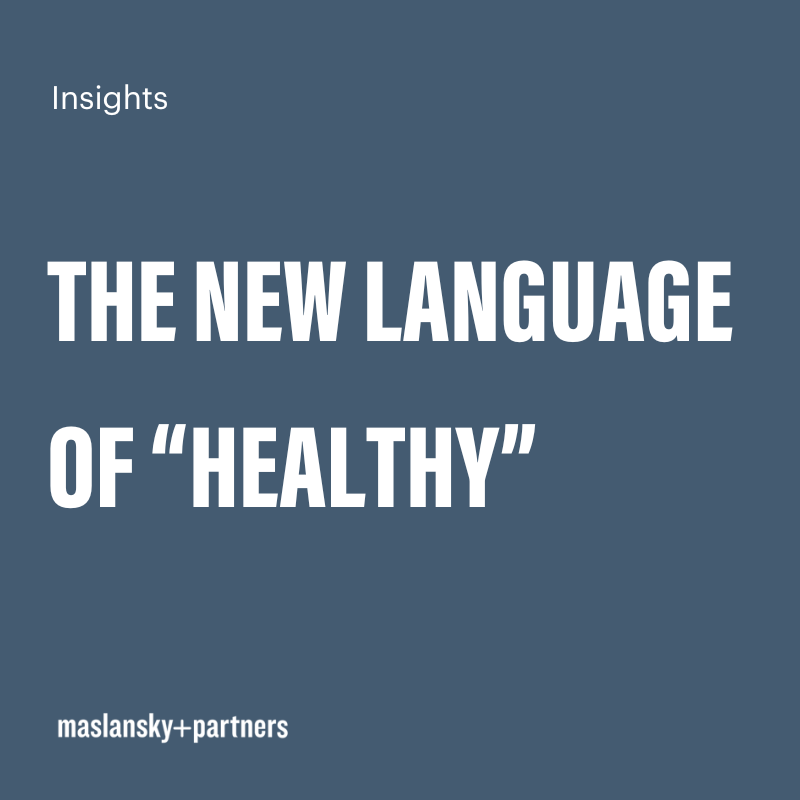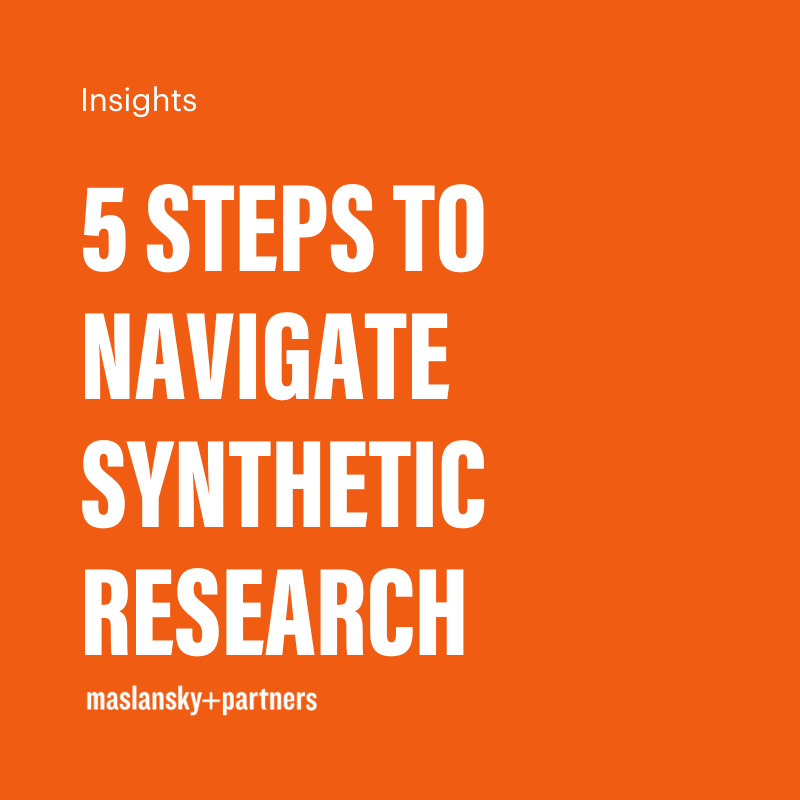Communicating in the Age of Rage
A wake-up call for corporate America.
It’s a chaotic time in America. Trust is shattered. People are angry. Concurrently, businesses, once seen as contributors to societal good, are now barely trusted more than government or the media. Today, consumers believe big business prioritizes profit over people, hiding behind fine print and exploiting their power. Anger is rising and consumers are ready to act; sometimes even violently.
This isn’t just a PR problem; it’s an existential threat—and companies need to respond to survive. Reputations built over decades can collapse in minutes. Negative narratives about companies now dominate the global conversation. Populism is sweeping more extreme parties into power around the world. Now, it threatens to come for businesses more broadly.
“Bad” vs “unfair”
Even worse, this isn’t merely a case of companies being seen as “bad.” It’s about the deep-seated sense of unfairness that pervades public sentiment. Jonathan Haidt’s “Moral Foundations Theory” highlights this primal instinct: fairness is central to our perceptions of right and wrong. As a result, when companies are viewed as “unfair,” they’re not just seen as problematic. They are effectively positioning themselves against the very people they seek to serve.
If companies were simply viewed as “bad,” they could change people’s perceptions by sharing all the “good stuff” they do. All that they contribute. All that they give back. The jobs they create. The impact on local economies. And that’s how it used to be.
However, populism is on the rise today, and businesses need to understand that they are now in the crosshairs. For years, the remedy to negative sentiments was to focus on “purpose.” Highlight goodness, try to showcase ESG and CSR initiatives. But this tactic is losing its effectiveness. Consumers are savvy. As a result, they notice the contradictions when businesses publicly advocate for social good… while simultaneously raising prices or engaging in practices that appear self-serving.
Shifting the conversation
Now is the time for a radical shift. Companies must reevaluate what drives their reputation. Importantly, they also need to consider what can safeguard them from being swept away in the populism reshaping our society. We need to shift our focus from merely promoting goodness to emphasizing fairness. That’s because good deeds don’t register when people feel a sense of unfairness. Instead, it strikes a visceral chord that isn’t easy to overcome.
Our latest research, “Communicating in the Age of Rage,” reveals just how deep this mistrust runs. And it provides actionable insights on how to turn the conversation back in your favor. Here’s what companies need to do:
- Revisit the basics: What does a responsible business look like? Return to foundational principles.
- Keep promises: Say what you mean and mean what you say—actions need to back up words.
- Act ethically: Focus on core expectations; don’t overreach. Deliver on fundamentals and exceed expectations.
- Prioritize customers over profits: Show, through your actions, that customer welfare leads your agenda.
- Deliver exceptional products at fair prices: Ensure that your offerings meet customer needs without exploitation.
- Show genuine empathy: Acknowledge the feelings of customers—on both sides of the political spectrum.
Communicating in the chaos
Many of our clients are coming to us for help when it comes to moving forward in this new environment. Some believe waiting it out is the best strategy, to see how the conversation plays out. I strongly disagree. You cannot afford to be passive. Because if you don’t tell your story, others will—and it won’t be in your favor.
Your organization may be struggling with how to effectively communicate in this chaos. We’d love to discuss our in-depth global research insights and explain how they can set you up for success. With decades of experience in political consulting, we know what it takes to ensure your voice is heard and respected. We can help you become more politically agile. We can help you minimize risks by depoliticizing your language. And we can help future-proof your messaging to reflect current political dynamics and public sentiment.
A new way forward
Here’s how we’re helping clients—and how we can work with you—with our “New Way Forward” framework:
- Share our eye-opening presentation, “Lessons for Navigating the Chaos of Now”: This engaging—and sometimes uncomfortable—session sheds light on the state of our nation. We arm communicators with the critical insights needed to thrive amidst a changing world. Learn what messages and strategies can enhance your practices as corporate communicators and transform your future initiatives.
- Conduct a message audit and assessment: We’ll review and assess your organization’s communications to identify where you may be missing the mark with your messaging in today’s world. We recently helped a well-known federally funded program update its existing narrative to reflect the current political headwinds. This ensured their communications were depoliticized and aligned with current policies and sentiment.
- Identify your key risks and prioritize issues to assess challenges within specific industries and prepare response plans. We worked with a major health insurance company to review the topics causing the most trouble in their space. We identified the most difficult things for them to navigate, and providing general messaging and communication counsel.
- Update your corporate narratives and lexicon to reflect the political headwinds of this moment across party lines. We helped a global financial services company assess the language of their annual sustainability report. This ensured alignment with new executive orders around DEI, and helped mitigate their risk of being investigated.
- Create a strategic messaging playbook to guide you on what to say, what not to say, and how to engage with various audiences in this new landscape.
Take the next step
Ignoring this seismic shift is a recipe for disaster in 2025 and the years ahead. It’s time to acknowledge and embrace the concept of fairness. Contact us for a consultation on how we can help you determine a “New Way Forward.” Let’s reevaluate and reimagine your messaging, so you can reconnect with your audience. The future of your business depends on it.





